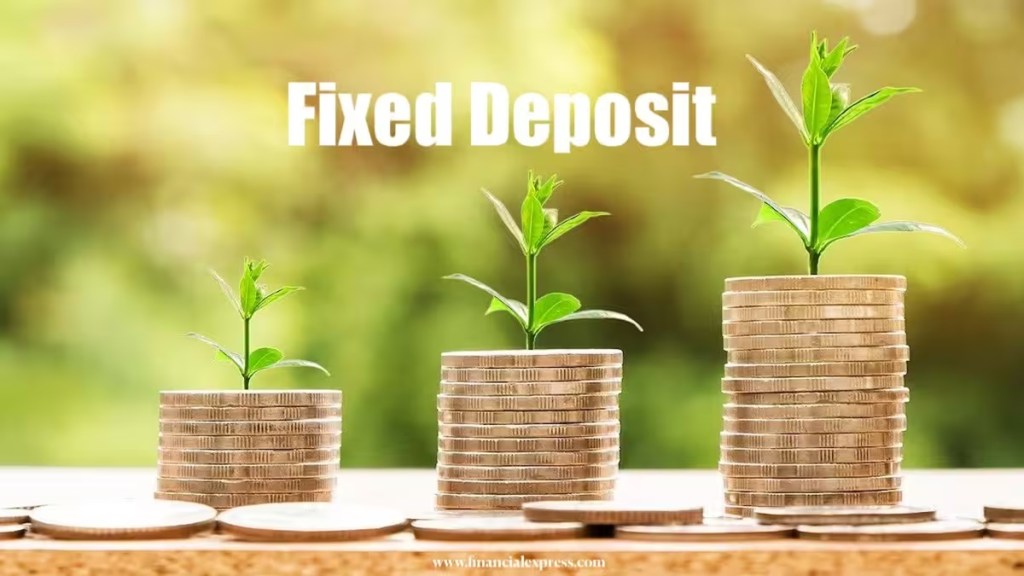As the RBI has kept the repo rate unchanged at 6.5% for the third time in a row, this is a good time to lock fixed deposits (FD) into the best available rates. Also, while the pause by the central bank means that the EMIs may not increase immediately, borrowers, especially those with a long tenure home loan, should start repaying or increase their EMI or even look at balance transfer to reduce their interest burden.
Lock fixed deposits
At the current deposit rates, individuals must lock in at the highest interest slab rate. In fact, the average interest rates on outstanding rupee deposits with banks has risen for 15 straight months now as is visible in bank FD rates. For special tenure deposits, banks are offering interest rates over 7% for and small finance banks even higher over 8%. Non-banking financial companies are also offering interest rates on fixed deposits over 8%.
Naveen Kukreja, co-founder & CEO, Paisabazaar, says the FD rates of banks are still attractive and expects the Monetary Policy Committee to reduce the repo rates after 6-9 months. “Thus, I would suggest depositors to book FDs offering higher yields, especially if those yields are offered for longer tenures and match their investment horizons. ”
Check interest rates at small finance banks Individuals seeking higher FD rates can consider small finance banks, which are offering FD yields of 8% and above. As these banks have been granted the status of scheduled banks by the RBI, each depositor of small finance banks would qualify for the quasi-sovereign guarantee cover offered through the Depositor Insurance Scheme of DICGC.

“Thus, the status of scheduled banks for small finance banks makes them at par with any PSU banks or large private sector in terms of capital protection for deposits of up to Rs 5 lakh,” says Kukreja.
Investors with higher risk appetite can consider corporate FDs offering higher interest rates. However, investors should always check the credit ratings of the corporate FDs before investing in them. Corporate FDs having higher ratings imply higher income certainty and capital protection for the depositor.
Repay high debt
A steady repo rate implies stability in the interest rates offered by banks. So, homebuyers who have taken loans or are planning to take loans can benefit from the unchanged repo rate. For existing borrowers it makes sense to partially prepay their loans and minimise the burden of higher interest debts.
Paying off high-interest rate debts can be a sound financial strategy as it will offer immediate and long-term benefits, regardless of whether the repo rate remains unchanged or stable. It helps you save money, improve your financial well-being, and create a solid financial foundation for your future endeavours.
Adhil Shetty, CEO, Bankbazaar.com, says high-interest debts often carry a higher risk factor and can negatively impact credit score. “A higher credit score can lead to better borrowing terms and lower interest rates in this market where borrowing costs have significantly gone up in just over a one-year period.”

